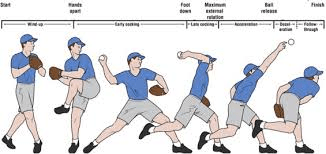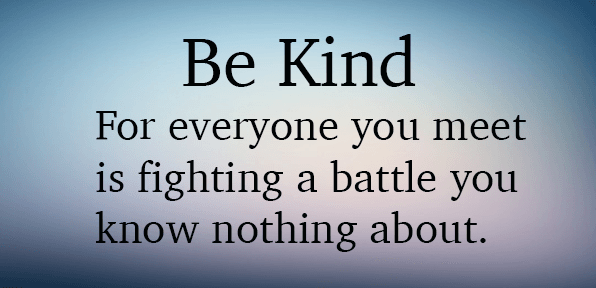BE ABOUT IT

You’re an athlete that’s been training your entire off-season (for example, let’s say you’re a fall sport athlete and have been training all summer long to prepare for your season) and you’ve improved strength, power, speed, mobility, and flexibility. Then, you go into your season and you feel at your best. Then, you just get so caught up in the game, you decide to discontinue your training because your sport should be enough training. On my end, as a strength and conditioning coach, I’m thinking… “Why? All this work throughout the season to become the better version of yourself in all aspects of fitness, and now you’re willing to throw it all away now that you got to where you want to be?”
I don’t necessarily believe it’s because of laziness or the lack of wanting to, I think the problem stems from the unawareness between the players and the coaches on what can be done to maintain strength, and even enhance it. I’m here to tell you in this blog is the reasons why you shouldn’t stop training while you are in-season.
Literature shows that you can lose gains (size, strength, speed, power) just within two weeks of discontinued training. So, 4 months of training gone just in two weeks.
The first reason is that your in-season conditioning with your coaches at practice and games is not enough. Not saying that they aren’t pushing you enough, it’s more of that it’s not the only type of training you should be doing. What you will find once you’re playing your sport and nothing but your sport, you will lose weight, maybe even gain fat, and lose muscle… with that results in decrease in strength, speed, and power which is all parts of athleticism you were striving for in your off-season. Literature shows that you can lose gains (size, strength, speed, power) just within two weeks of discontinued training. So, 4 months of training gone just in two weeks. That right there, just proves why you need to put constant stimulus on your body, muscles, and nervous system. At this point, your in-season program should not be as difficult as your off-season program. Your frequency, intensity and overall volume of your workouts should decrease.
Your 2nd reason why you shouldn’t stop training in-season is because you’re now at more risk of injury without training. When you play your sport, you tend to use the same movement patterns, and muscle groups, repetitively which creates muscle imbalances and a one-dimensional athlete. Playing the amount that you do will ruin your mobility and flexibility that you’ve been working all off-season on, if you don’t train and work on those imbalances. When your mobility decreases, your range of motion decreases, which results to increased risk of injury because your joint can no longer work properly through that range of motion. PERFORMANCE IS ENHANCED BY MOVEMENT QUALITY, which is what you get in training. It’s not all about muscles, it’s about movements!!

Which brings me into my 3rd reason, performance. It’s a common misconception that training will only fatigue the athlete and make them too sore for performance. Like I stated before intensity, volume, and frequency of training changes because the goals of the program have now changed. The goals have now shifted from performance to injury prevention. You did all the grueling workouts in the off-season, you did the work to where you want to be, now you are now prepared for your in-season workouts which ensures that you don’t run out of gas in the tank… so no, you will not get fatigued or sore from your in-season workouts. If anything, your performance will only increase from here.


PERFORMANCE IS ENHANCED BY MOVEMENT QUALITY
My last reason that comes to mind, you will never reach your goals if you keep starting and stopping training. Every athlete that I know has goals whether it may be performance or physique, and they get frustrated why they just get can’t get their numbers up each year in their lifts or their weight, and how it’s always the same. It’s because you’re always taking one step forward in the off-season and one step back in in-season without training. You will always end up back to where you started. Which brings me back to my original question, why? Why do you want to keep doing that?
All you athletes work hard. You give it your all for what you love to do. Don’t sacrifice all that you’ve earned. Eat nutritious foods. Drink water like it’s your job. Get plenty of sleep. Train. Make it happen.
Be about it. All. Year. Round.



